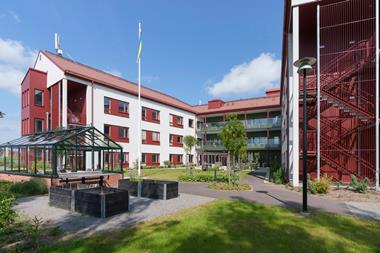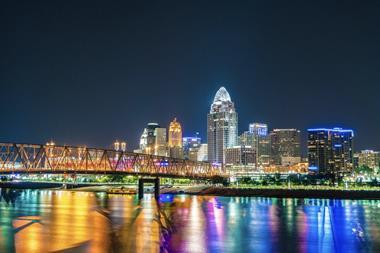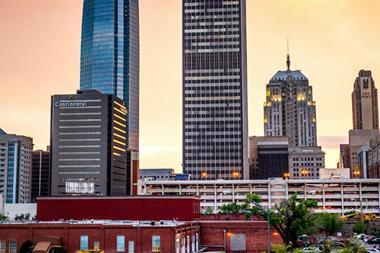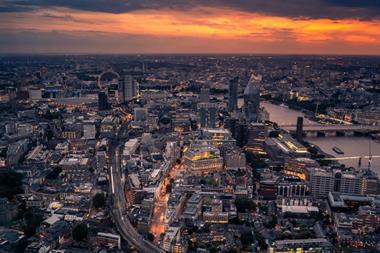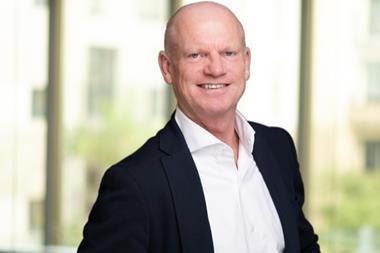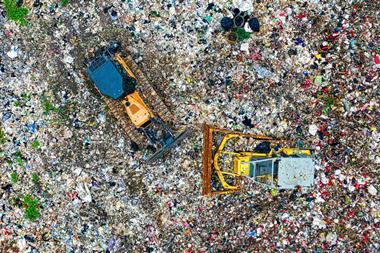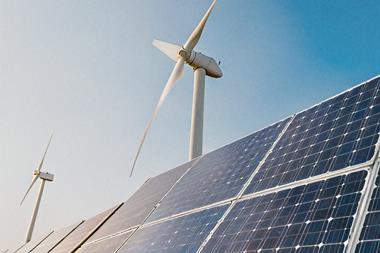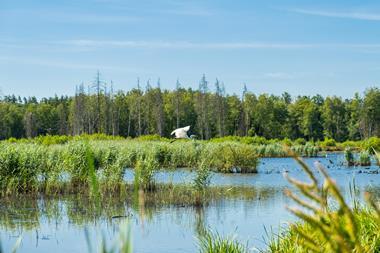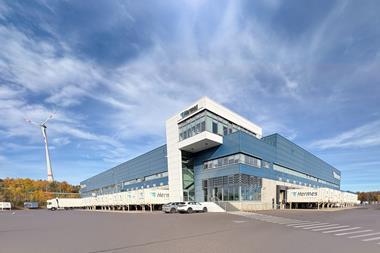CapitaLand has agreed to buy a £129.3m (€154.5m) UK business park from Patron Capital.
The freehold Arlington Business Park in Reading comprises 11 office buildings with about 367,000sqft of net lettable area and sits on six hectares of land.
Patron Capital acquired its holding in the park in March 2015 in a joint venture with asset management partner APAM, reportedly for around £75m.
Keith Breslauer, managing director of Patron Capital, said: “We acquired Arlington Business Park with a clear strategy to drive value and reposition it as the leading office park in the Thames Valley.”
Breslauer said the UK has always remained an attractive place to do business, and with the renewed sense of certainty brought on by December’s general election, “we anticipate investing substantial equity from our latest flagship Fund VI in the UK in the months to come”.
Gerald Yong, CEO, CapitaLand International, said that, with clarity on Brexit, the Arlington Business Park deal was “timely”.
Yong said he expected demand for office space in the UK to persist.
“Prime office rental rates in key UK cities, including Reading, are expected to grow between 1% and 5% over the next two years,” he said.
“Arlington Business Park is well-positioned to enjoy rental upside from vacancies and reversions.”
Jason Leow, CapitaLand’s president, Singapore and international, said the asset would increase the group’s exposure to developed markets, such as Europe, Japan and the US.
“Our strengthened presence in Europe will enable the group to maintain a balanced portfolio between emerging and developed markets,” he said.
The acquisition of the Arlington Business Park in Reading will lift CapitaLand’s assets under management in Europe to S$4.8bn (€3.2bn).
“As we build up our portfolio in Europe, we have greater optionality in spinning off such assets into investment vehicles or partnerships, continuing to deliver value for our stakeholders.”
CapitaLand today reported net profit almost doubled to S$926.6m for its fourth quarter ended 31 December 31, from S$475.7m a year ago.
The group said that the coronavirus situation would have an adverse impact on its operations and trading results. The extent of which would depend how long the outbreak lasted.





